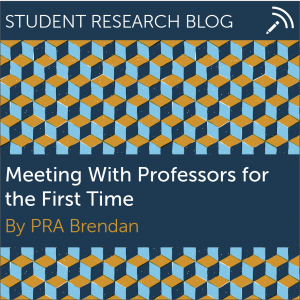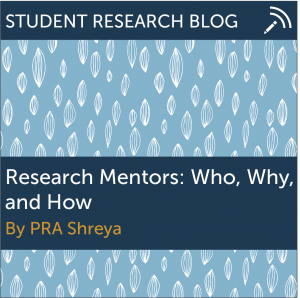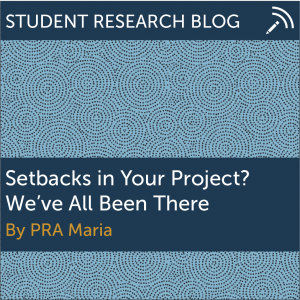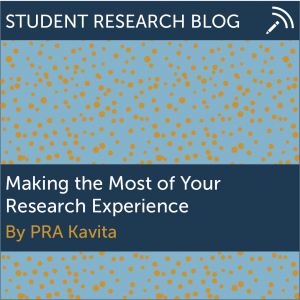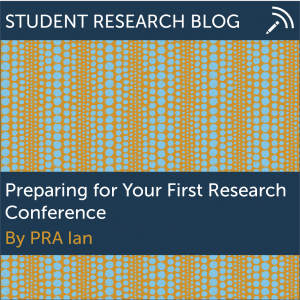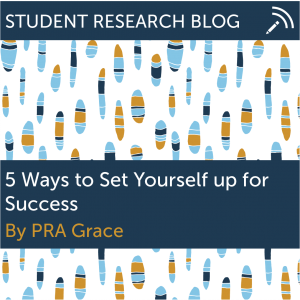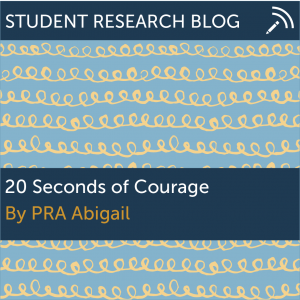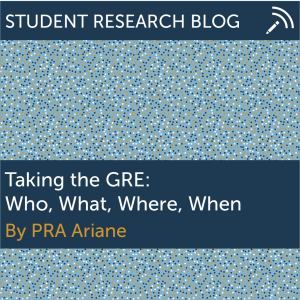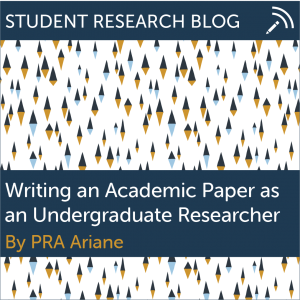 By Ariane Garrett, OUR Peer Research Ambassador
By Ariane Garrett, OUR Peer Research Ambassador
Publishing papers is the primary way that scientific knowledge is disseminated within the academic community. Therefore an essential part of becoming a successful researcher is learning how to write an academic paper. Throughout your undergraduate research career you may or may not have the opportunity to be published. Regardless, learning how academic papers are written is useful knowledge for anyone interested in pursuing a research career. Continue reading

